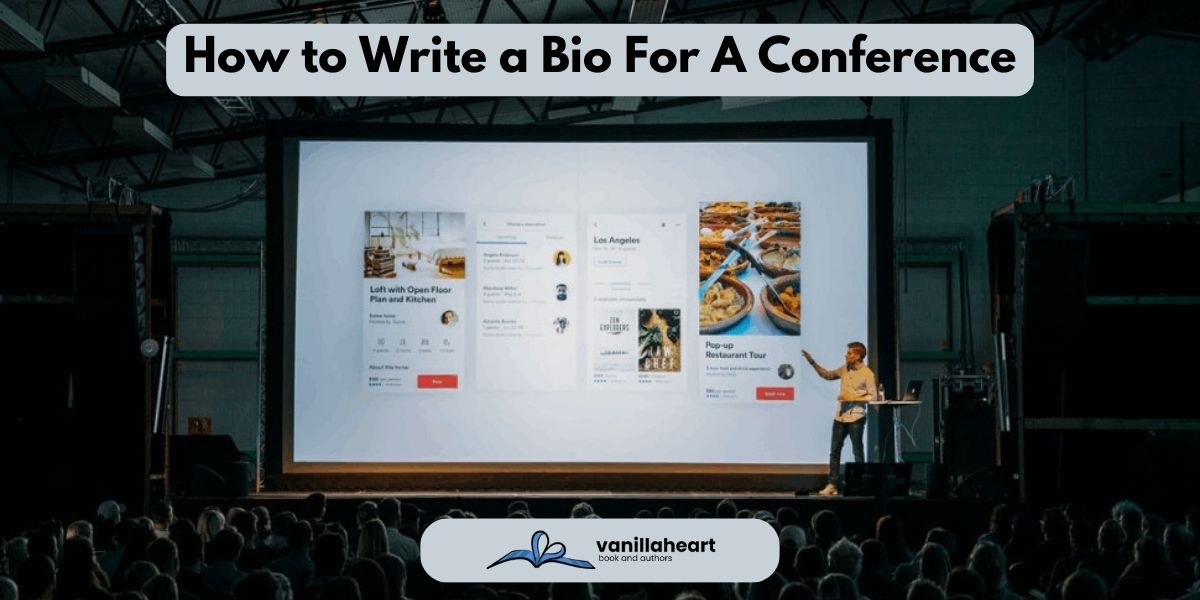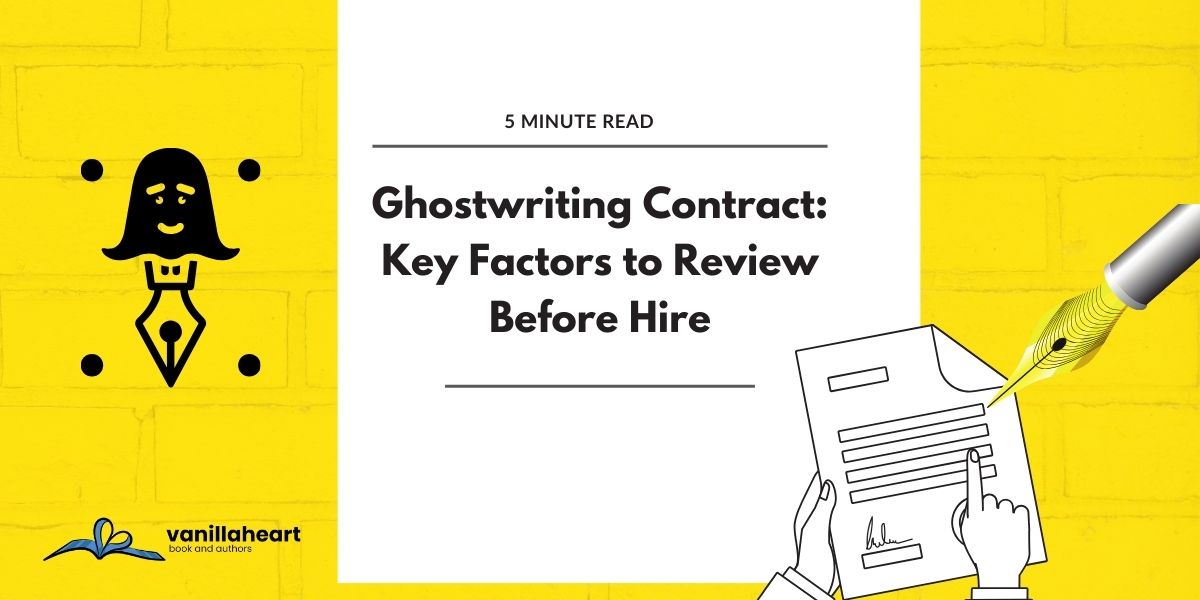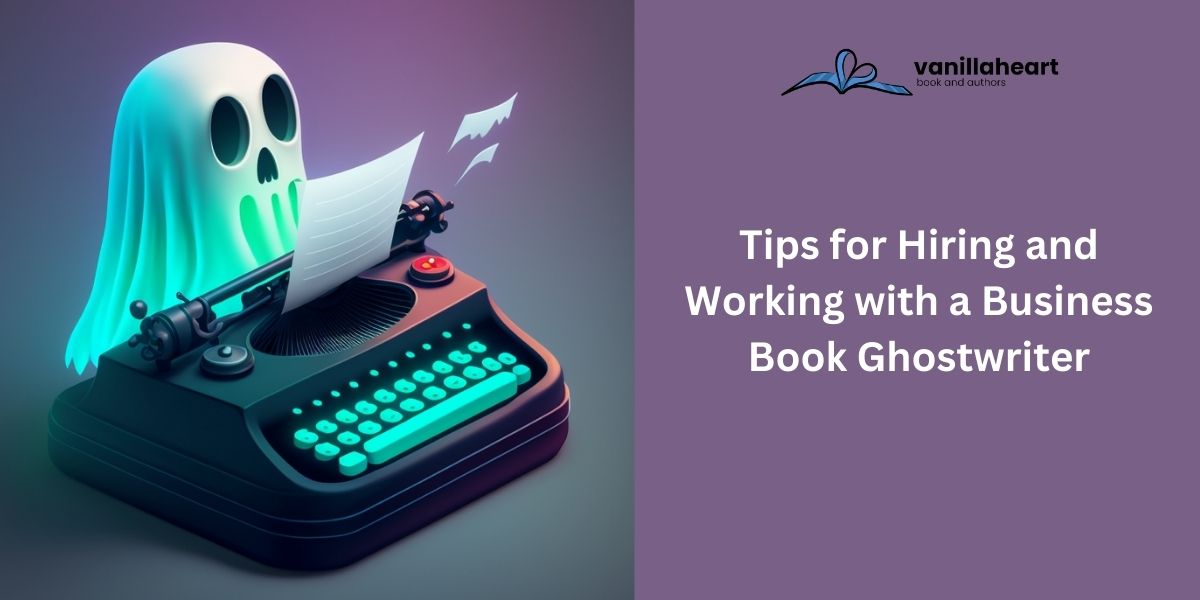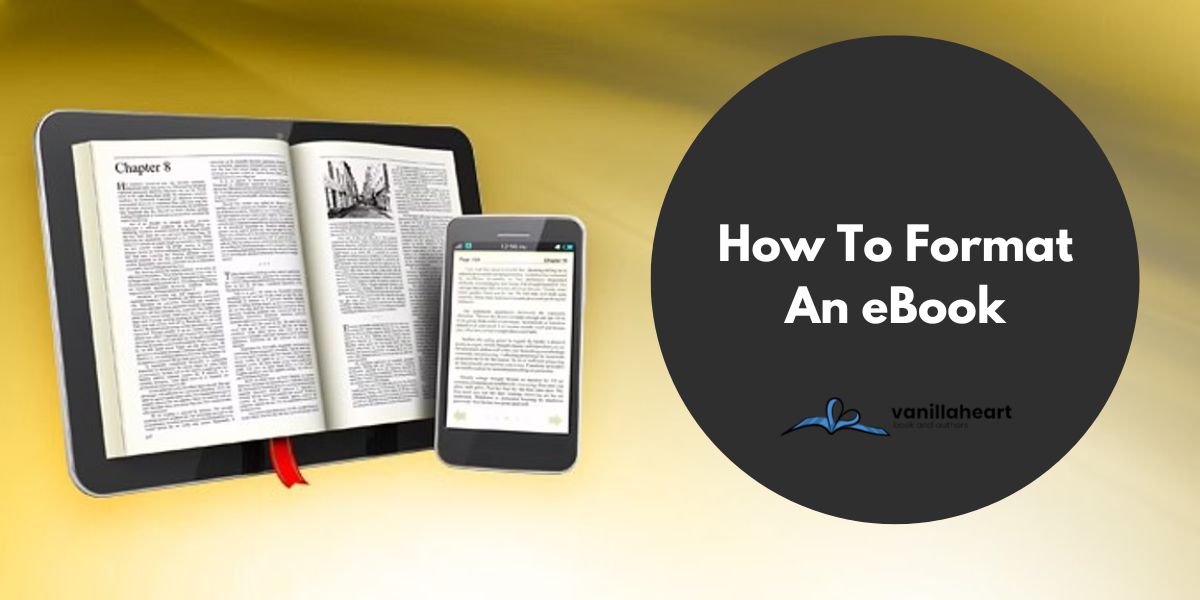
Writing
A bio or a biography is a small paragraph allowing you to introduce yourself to potential employers or clients. Say as it is a small content written to describe you as a person or worker.
However, when you write a bio for a conference, there are many things that you have to keep in mind, partly because a bio will help you make a good impression and boost your professional development.
So that’s why to help you out, we bring you this guide to discuss how you can write a bio for a conference. There will be 8 steps to it, so make sure you don’t get confused and read slowly to understand better. So let’s get into it!
How to write a bio for a conference step by step?
So writing a bio for a conference may seem like a big deal, but it may not be too hard for you if you have a command of English. Just follow the steps below to write a bio for a conference. However, if you feel that you cannot write it yourself, you can always hire an autobiography writing service to help you. But still, even if you plan on hiring an autobiography writing services provider, we suggest you go through this guide. It is because it will also help you understand what to ask any service provider.
1- Find out the required length.
When invited to speak at a conference, the organizers will probably ask you to write a bio. So the first and most important thing you must do when you write a bio for a conference is to find out how long your bio must be. This is a short description of your background and expertise, and it will be used to introduce you to the audience.
So make sure that the length of your bio will vary depending on the conference you are attending. Some conferences ask for a short bio of just a few sentences, while others may ask for a longer bio of up to a paragraph.
So to write a good and concise bio that will include everything, you must first make a list of the basics that you must include in it. Following are some of them.
Make a list of the basics.
When writing a conference bio, you should include some basic things. These are:
- Your full name
- Your credentials, like your degrees and any professional certifications you have
- Where you complete your graduate studies
- Your current position and where you work
- Your areas of interest
- How your experience is relevant to the focus of the event
- Your most notable accomplishments
You don’t need to list everything you’ve ever done but focus on the most impressive things. If you’ve published in any top peer-reviewed journals, be sure to include that.
You can also list any patents or breakthrough findings you’ve made. And if you’ve collaborated with any well-known subject matter experts, mention that too.
Example:
Here is an example of a bio for a conference:
- [Your name] is a [your title] at [your company or organization]. They have over [number] years of experience in [your areas of expertise]. They have spoken at [number] conferences and have been awarded the [award or honor].
- [Your name] is passionate about [your passion]. They believe that [your belief].
2- Identify your audience
The next thing that is very important in anything you do is to write according to your audience. Similarly, when you Write A Bio For A Conference, you have to think about who will the audience be, What are they interested in…. and more.
Once you know your audience, you can tailor your bio to their interests. You may highlight who funded your research if your audience comprises institutional academics. Or you can tell them which institutions you collaborated with when the work was conducted.
By tailoring your bio to your audience, you’ll ensure their interest in what you say.
You also need to ensure the audience understands what you are saying. If you are in the presence of an academic, then using the intermediate level of English might be suitable. However, if you are also talking to students and academics at a conference, you need to ensure that your language is appropriate.
3- Start with your name:
Now that you have researched your audience let’s begin with how to actually write a bio for a conference and format it accordingly. When you’re starting a bio for a conference, it’s important to introduce yourself clearly and concisely.
You should start with your full name and your job title. You can also include any other details you want to emphasize, such as your industry, certifications, or training.
For example, you could start your bio like this:
- My name is Peter, and I’m a certified financial planner. I’ve worked in the financial industry for over 10 years and want to help people achieve their financial goals.
You could start your bio with your educational qualifications if you want a job.
For example:
- I’m a recent graduate with a bachelor’s in economics. I’m looking for a challenging position in the financial industry where I can use my skills and knowledge and be an asset to the firm.
If you have a business or brand name, you should also state them in this section. For example:
- I’m the founder and CEO of [business name]. We’re a leading provider of financial services and are passionate about helping people achieve their financial dreams.
Starting your bio with a clear and concise introduction will help your reader remember you and understand what you’re all about.
4- Include what you do and your current position
When you write a bio for a conference, it’s important to describe your primary duty and responsibility. This will help your audience understand what you do and how you can add value to their organization.
If you’re currently employed, you can identify your employer. This will help your audience understand the context of your work and how your experience is relevant to their interests.
For example,
you could say something like,
- “I’m a software engineer at Google, where I work on developing new machine learning algorithms. I’m passionate about using technology to solve real-world problems.”
You can still describe your primary duty and responsibility if you’re not currently employed. You could say something like,
- “I’m a freelance professional bio writer who specializes in writing about technology. I have over 10 years of experience writing for various publications, and I’m passionate about using my writing to educate and inform people about the latest trends in technology.”
You’ll help your audience understand what you do by describing your primary duty and responsibility. This will make you a more attractive candidate for speaking engagements and job opportunities.
5- Describe your core values and philosophy
In addition to describing your role and responsibility, you can include a mission statement explaining your core values and what motivates you. This will help your audience understand what matters to you and why you do what you do.
For example, you could say, “I’m passionate about caring for others. I believe everyone deserves to be treated with kindness and respect, and I’m committed to improving the world.”
Or you could say something like,
- “I believe in maintaining peace and order. I’m committed to working for a world where everyone can be safe and secure.”
Including your philosophy in your bio will help your audience connect with you on a personal level. It will also show them you’re more than just a collection of skills and experience. You’re a person with a passion for making a difference in the world.
6- Share your professional accomplishments
After describing your role, philosophy, and goals, you can include one or two of your most significant professional achievements. This will help your audience understand your track record of success and what you can achieve.
Your professional achievements could include awards, honors, or publications. They could also include specific projects or tasks you’ve completed that have positively impacted your organization or the world.
For example, you could say something like,
- “I was awarded the ‘Employee of the Year award in 2022 for my work on the company’s new marketing campaign. The campaign was a success, and it helped to increase sales by 15%.”
Or you could say something like,
- “I published a paper in the Journal of Applied Psychology that was cited over 1,000 times. The paper explored the relationship between stress and performance in the workplace.”
Including your professional achievements in your bio will help you to stand out from the competition. It will also show your audience that you’re a valuable asset to any organization.
7- Add some personality
One very important thing people tend to forget when writing a conference bio is to sprinkle some personality. One way to stand out from other speakers is to add a touch of fun to your bio. This will make your bio more interesting and engaging and encourage people to read it from start to finish.
You can do this by using wordplay or alliteration.
For example, you could say something like,
- “I’m a software engineer who loves to solve problems. I’m always up for a challenge and never afraid to get my hands dirty.”
You can also start your bio with a bold, unexpected statement. This will capture your reader’s attention and make them want to read more.
For example, you could say something like,
- “I’m a doctor who believes laughter is the best medicine.”
Adding a touch of fun to your bio will make you more memorable and engaging. It will also show your audience that you’re a creative and interesting person.
8- Decide on a tone of voice for your bio.
When you write a bio for a conference, you must decide whether to write in the first or third person.
The first person is most effective when writing informal or personal bios. This is because it allows you to connect with your audience personally. You can use words like “I” and “me” to share your story and experiences.
The third person is more formal and is often used for bios published on company websites or academic journals. This is because it gives your bio a more objective tone. You can use your name and pronouns like “he” or “she” to describe your work and accomplishments.
The voice you choose should represent your personality and the purpose of your bio. If you’re a creative person who wants to connect with your audience personally, the first person might be your best choice. If you’re a more formal person who wants to present your work professionally, the third person might be a better choice.
Conclusion:
It may appear not a big deal, but writing for a conference is a big deal. And we understand your worries about writing the perfect bio.
With this article, we hope you can write just the perfect bio for your conference.


